On the 15th of July 2000, the CEO’s of Universal, Sony and Bertelsmann gathered in a hotel in Sun Valley, Idaho to begin discussions with Napster’s CEO. The subject of the meeting was a deal between the labels and Napster, to give licensing to the latter and the 38 million users of the service to continue downloading for a monthly subscription, with the profits shared between the labels and Napster. Finally, although Napster made a 1 billion dollar public offer, the labels never went through with a deal. The labels had to make a huge step, one that did not dare to make, influenced by the voices of advisors, partners and artists that said: “It’s better not to sell cheaper online products than a physical store”.
Bad news did not stop there.
After Napster shut down on July 2nd 2001, the record labels unsuccessfully experimented by trying to create their own subscription services like PressPlay, which initially offered the repertoire of Sony, Universal and EMI, and MusicNet, which offered repertoire from EMI, Warner and BMG music.
It actually took more than 2 years of ever rising illegal music sharing before a legal and sustainable solution was proposed with licensing granted to the Apple iTunes Music Store, which was launched on the Spring of 2003.
For many, the 2001-2003 period was the most damaging era for the music industry. The CEO of RIAA (Recording Industry Association of America) had stated that this was the time that all the users were lost. Peer-to-peer network-based file exchange dominated the market and the actual value that music had, in the audience’s mind, up to this point was lost forever; the only value left was sentimental.
In the Fall of 2003, RIAA exercised the first prosecutions regarding the infringement of the copyright law, against those who share musical files. Since then, they have sued more than 20.000 music users, claiming that the purpose of the charges is to propagate everywhere that non-authorized music downloading has consequences. Although the RIAA president claimed that the measures did not have a punishment character, file sharing not only did not slow down but also the users of various P2P networks increased in numbers.
As a result of these developments, the record labels go through really tough times. No matter how many difficulties the record labels dealt with, and still do, the audience listens to more music than ever. The problem that the industry is faced with is how it is going to turn that growing interest into cash. How is it possible for those, who create these music products, to go bankrupt since the use of these products has skyrocketed? “The model is wrong” was the conclusion of a large management company’s CEO. According to him, more and more business kinds- from management firms, like his, to outsiders like Starbucks, have began creeping into the turf of the large players of the record label establishment. Paul McCartney, after a decades-old collaboration, left EMI Records to collaborate with the newly founded Hear Music of Starbucks. The Video-game giant, Electronic Arts also created its own record label, taking advantage of the advertising value of its games, while CBS Records will sell the music which can be heard in the CBS TV shows.

The future for those who proceeded or will proceed in the necessary structural changes and will adhere to the need of the audience seems to be promising.
Licensing for the use and incorporation of music in any sort of video game, movie, tv show and online registration services, is developing into a considerable source of income. The record labels expect to increase their revenue on the thriving field of music publishing, which collects copyright loyalties from radio broadcasts and other sources; music publishing will become a major part of this field. To what extent, the music industry will survive the changes and adapt to the developments, remains to be seen. For the time being, it is very clear that, as long as the record industry does not take the necessary measures, the game will get one-sided towards other companies that shape or take advantage of the technological advances, while knowing how to listen to the audience’s needs.
Certainly, vinyl record sales have risen significantly, in comparison with the past few years but let’s not fool ourselves. We will never see the huge numbers of the past (70’s-80’s) ever again. The vinyl record has created its own realm. This realm might get bigger within the next years. However, this is nowhere near enough to support a music industry as we once knew it.
Who really “killed” the music industry (at least in the form we used to know)?
Virgin Entertainment Group’s president, Simon Wright said, a few years back, that the record labels themselves, led the situation to the very end. Although there were factors beyond the control of the record companies, like the rise of the Internet or the increasing popularity of video games and DVDs, many in the music industry, saw the time before the “end”, was a time full of failures, mistakes and lost chances. One of the largest failures was the inability of the record companies to deal with the matter of Internet piracy effectively and from the very beginning, by avoiding the clash and co-operate with the first music sharing service, Napster. The record industry had a huge chance, back then. Everyone was using the same service. It was like everyone was listening to the same radio station. Instead of the record companies collaborating with Napster, they chose the conflict by suing them. Napster closed and all those 30-40 million users shifted towards other file sharing services that sprouted here and there like mushrooms. Essentially, the record companies dug their own grave, after letting billions of dollars coming from the collaboration, go down the sink.
Other VINYLOM Sections that will Interest YOU !!!
– Vinylom Encyclopedia – The story behind every Rare Vinyl Record...
– Vinylom Forum – Discuss about Vinyl Records, Music and more with Music and Vinyl Lovers from all over the world.
– Vinylom Marketplace – Millions of items available for sale and trade from sellers all over the world.BUY-SELL-TRADE !!!
--------------------------------------------------------------
Read Also...
- Avoid this Vinyl Record storage mistake. Maybe your records are at risk.
- How to grow your vinyl record collection with less money.
- Polymerization... Danger for our Vinyl Records.
- Record Store Day | Complaints, Worries and Negative Criticism.
- Ten Rock Vinyl Records that sold between $7000 and $20000
- The story behind the 12000$ Pink Floyd rare "Meddle" LP
- Tips and Guidelines for the Mega CD & Record Fair ( Jaarbeurs - Utrecht)
- Top 10 best selling albums of all time.
- Vinyl Records Store | How to become a successful record store owner



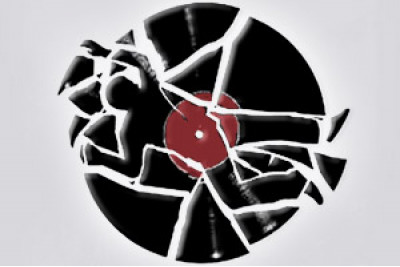

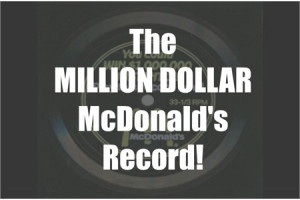
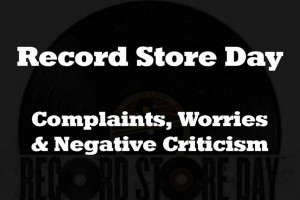

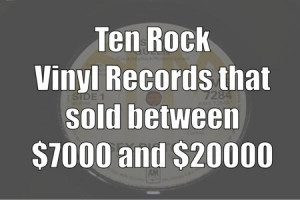
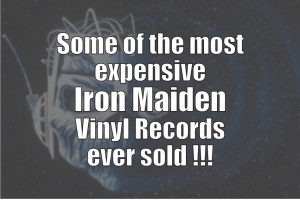

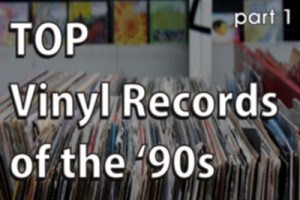
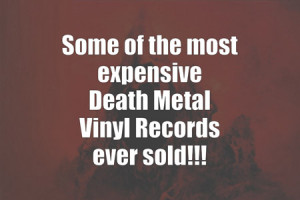
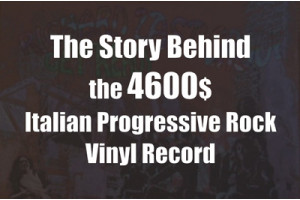
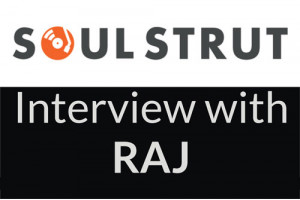
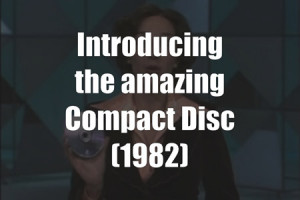
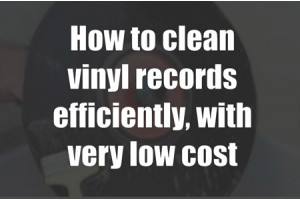

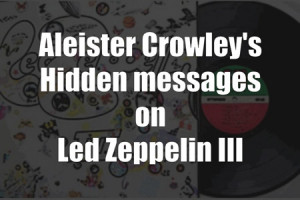
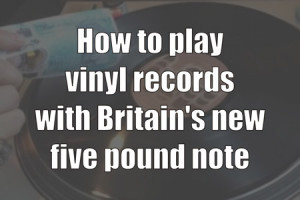
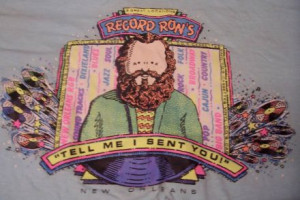
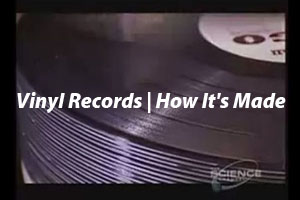


Leave A Comment